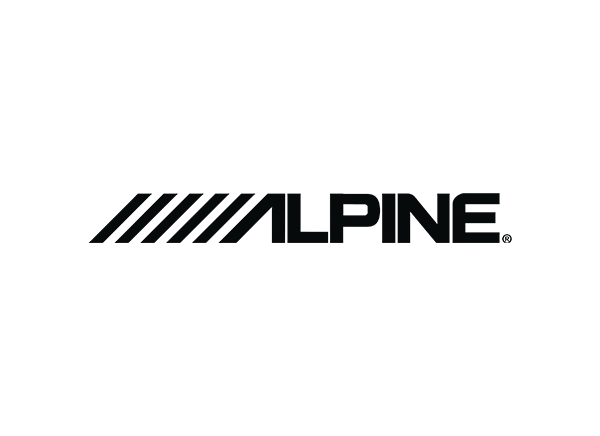Tips for Buying the Best Fuel for Your Boat

Boating enthusiasts know that choosing the right fuel is crucial for their vessels’ performance and longevity. With the vast array of options available on the market, it can be overwhelming to discern which type of fuel is the best fit for your boat’s specific needs.
Let’s look at tips for buying the best fuel for your boat and ensuring smooth sailing on your next adventure.
Consider Your Boat’s Engine Requirements
Before heading to the fuel dock, it’s essential to review your boat’s engine requirements. Different engines have different specifications for the type of fuel they can run on, so it’s crucial to know what your boat needs. Consult your owner’s manual or speak with a marine mechanic to determine your engine’s correct fuel type and octane level.
Choose a Reputable Supplier
When buying boat fuel, it’s crucial to choose a reputable supplier. Opting for the cheapest option may seem like a good idea, but low-quality or contaminated fuel can cause significant damage to your boat’s engine. Look for suppliers with a good reputation and regularly test their fuel for quality.
Understand the Different Types of Fuel
The two most common types of fuel for boats are gasoline and diesel. Gasoline is a mixture of hydrocarbons that provides the energy to power your boat’s engine. It’s suitable for smaller vessels and those with outboard motors. On the other hand, diesel is a heavier fuel that is more efficient and suitable for larger boats with inboard motors.
Consider Ethanol Content
Ethanol, a biofuel made from corn or sugar cane, has become a common additive in gasoline. While it can reduce carbon emissions, it can also cause problems for boat engines. If your boat was built before 2012, avoid using gasoline with more than 10 percent ethanol content. Check your owner’s manual for the recommended ethanol level for newer boats.
Be Mindful of Storage and Handling
Proper storage and handling are crucial for maintaining the quality of your fuel. Store it clean, dry, and well-ventilated to prevent contamination. Use proper fuel containers and avoid overfilling them to prevent spillage. Lastly, always carefully handle fuel and follow safety precautions to prevent accidents.
Consider Additional Additives
In addition to the fuel type, you may also want to consider using additional additives for your boat’s engine. These additives can help improve performance, reduce emissions, and prevent corrosion. However, it’s essential to research and choose reputable brands that are compatible with your engine.
Selecting the proper fuel for your boat is more than a mere purchase; it’s an investment in the performance and longevity of your vessel. There are many things you need to know as first-time boat owners, and buying the right fuel is one of them. By considering these tips, you can ensure a smooth and enjoyable boating experience every time. Keep your boat running at its best with the right fuel, and let the waves be your only worry on your next adventure.





